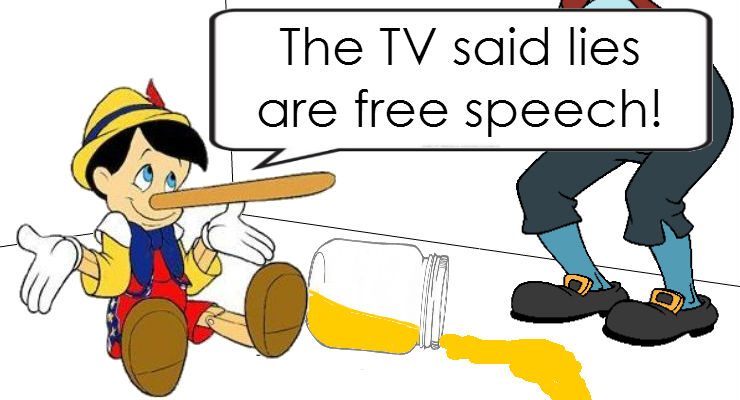
The century-old Brookings Institution and the independent nonprofit Social Science Research Council (SSRC) co-hosted a symposium about media misinformation and democracy on May 31. The event video was just shared to the public. The event, focused on the “history, circulation, and management of misinformation (untruths circulated without the intention to deceive) and disinformation (untruths intended to deceive)” was described in the event invite as follows:
The spread of false information is hardly new or unique to the current political moment. It has historical roots in sensationalist journalism, foreign espionage, propaganda, and partisan debates—a collection of approaches far richer than suggested by the phrase “fake news.” This historical context does not make disinformation any less dangerous, however. Understanding how disinformation is exploited by political actors both internal and external to the state, how existing divisions and polarization create the conditions for disinformation to be more effective, and the ways in which technologies incentivize or disrupt disinformation, is critical.
…Several panels of experts convened to explore the most effective means of identifying and countering false information, as well as the challenges in doing so. Social scientists and journalists spoke to three aspects of the current moment in misinformation: the status of facts/persistence of misinformation; the speed, virality, and spread of misinformation; and what we—or anyone—can do to correct or manage the misinformation that already exists.
Speakers at the symposium included:
- E.J. Dionne
W. Averell Harriman Chair and Senior Fellow – Governance Studies - Jason Rhody
Program Director, Media & Democracy – Social Science Research Council - John Bullock
Associate Professor – Northwestern University - Matthew Jordan
Associate Professor – Pennsylvania State University - Lori Robertson
Managing Editor – FactCheck.org - Mark Stencel
Co-director, Duke Reporters’ Lab – Duke University - Amber Boydstun
Associate Professor – University of California, Davis - Pablo Barbera
Assistant Professor – London School of Economics - Rob Faris
Research Director, Berkman Klein Center for Internet & Society – Harvard University - John Sides
Associate Professor of Political Science – George Washington University
Break - Alexander Coppock
Assistant Professor – Yale University - Magdalena Wojcieszak
Associate Professor – University of California, Davis - Meredith Broussard
Assistant Professor – New York University
The first video in the four part series is below. The video is about 25 minutes. Take a look:
Leave a Reply